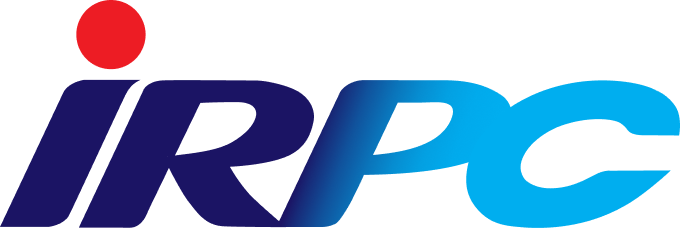IRPC prepares a spend analysis separately for feedstock of petroleum and petrochemical business, as well as general procurement for chemicals and components. Currently, there are two departments separately responsible for monitoring their own spending.
1) The first department is a procurement function responsible for tracking the spending on chemicals, spare parts, and other related components.
2) The second department is a feedstock function responsible for tracking spending on all types of refinery and petrochemical feedstock.
IRPC used a spend analysis to examine expenditure data with the purpose of reducing procurement costs, improving efficiency, and monitoring compliance. A critical analysis helps IRPC determine which suppliers are vital to IRPC’s business. IRPC analyses the importance of its suppliers and classifies them as Critical Suppliers if they meet the following criteria:
- High expenditure
- Covered critical parts/components
- Non-substitutable
- Strategic relationship.
Moreover, managing risk in the supply chain involves a supplier selection process and supplier risk management, which covers risks such as the quality of product and service, environmental, social and corporate governance. In order to conduct business with IRPC, suppliers are required to register and pass the pre-approval process and answer the self-assessment questionnaire.




